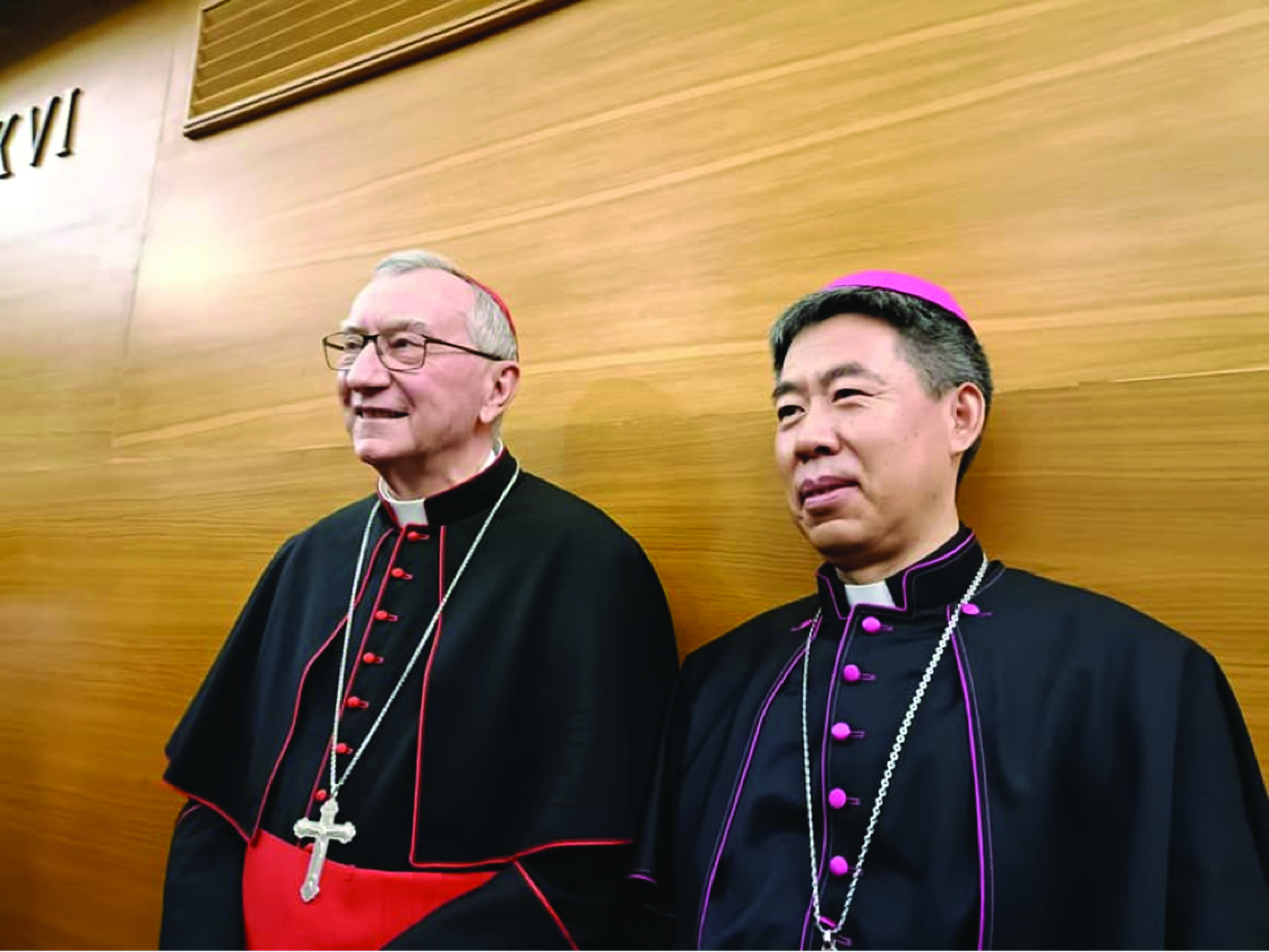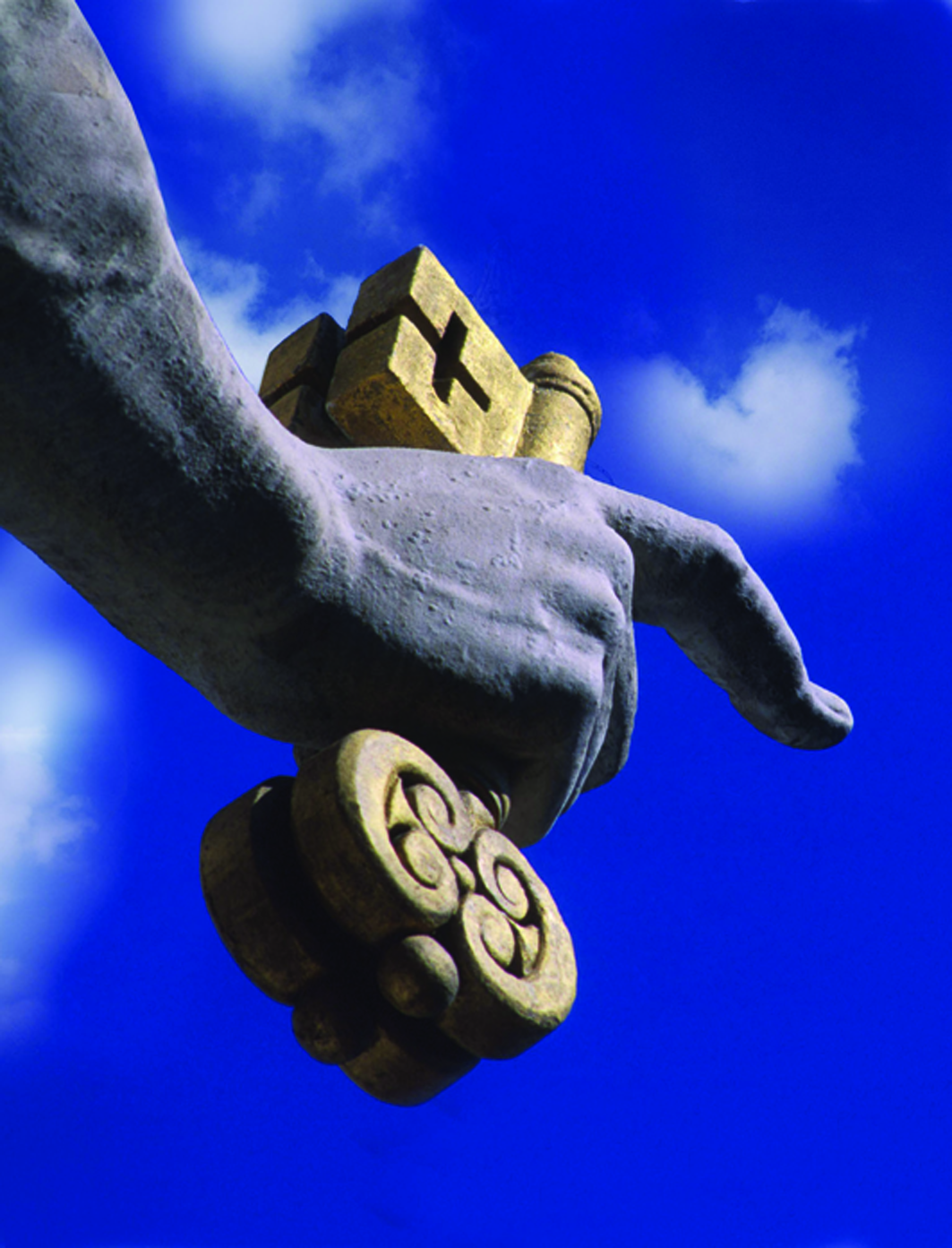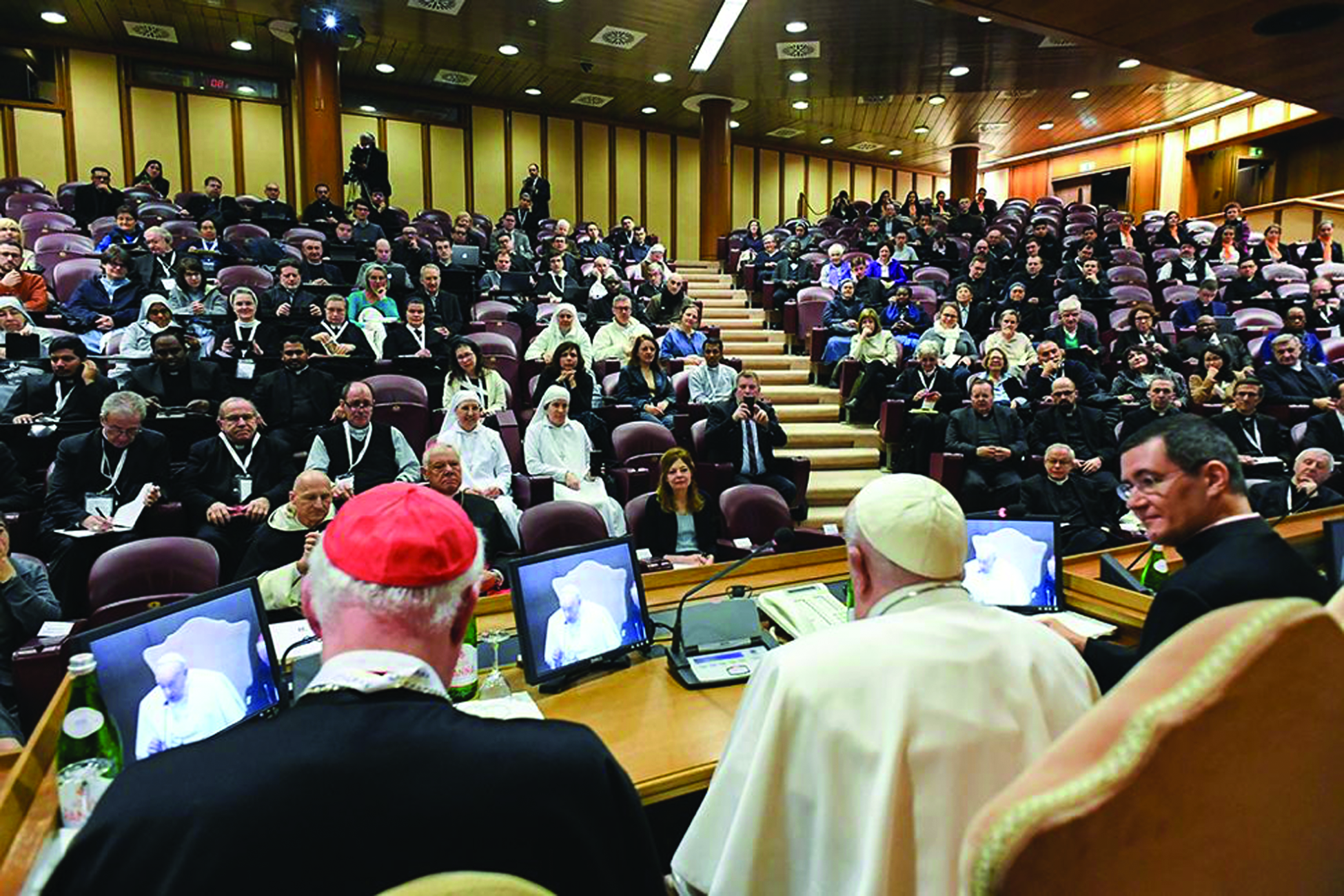In an interview with an Italian newspaper, Benedict’s personal secretary, Archbishop Georg Gaenswein, says Benedict believes his decision to resign two years ago was “necessary”.
Retired Pope Emeritus Benedict XVI has never doubted or regretted his decision to resign, knowing it was the right thing to do for the good of the Church, Archbishop Georg Gaenswein, Prefect of the Papal Household and personal secretary to the retired Pope, says.
“The Church needs a strong helmsman,” and Pope Benedict was keenly aware of his own waning strength while faced with such a demanding ministry, the archbishop said in an interview published Thursday, February 12, in the Italian daily Corriere della Sera.
Two years after Pope Benedict’s historic February 11, 2013 announcement that he would step down as supreme pontiff, Gaenswein said the retired Pope “is convinced that the decision he made and announced was the right one. He has no doubt.”
“He is very serene and certain in this: His decision was necessary and made ‘after having repeatedly examined my conscience before God,’” he said, quoting Benedict’s announcement. Pope Benedict had told a stunned audience of cardinals assembled for an ordinary public consistory that “I have come to the certainty that my strengths, due to an advanced age, are no longer suited to an adequate exercise of the Petrine ministry.”
Gaenswein said in the interview that Pope Benedict was aware of his “duty not to look out for his own self but for the good of the Church.”

The surprise of some of the cardinals (Caridnal Re is turning toward Cardinal Sodano). There was no media members in attendance.
The Pope spelled out the precise reasons for his decision, the archbishop said, and “all the other considerations and hypotheses are wrong,” including assumptions that the Pope’s resignation was not valid or had not been done in full freedom.
“Hypotheses cannot be based on things that are not true and totally absurd,” Gaenswein said. “Benedict himself said he made his decision with freedom, without any pressure, and he assured his ‘reverence and obedience’ to the new Pope.’”
The archbishop said doubts about the validity of the resignation and subsequent election of Pope Francis stem from a lack of understanding of the Church.
Also, the option for a Pope to resign is explicitly written in the Code of Canon Law, which says a Pope may step down as long as the decision is made freely and is “duly manifested.”
Gaenswein said Pope Benedict, who will turn 88 in April, is still following the prayerful, quiet life he wanted to dedicate himself to upon his retirement.
Like his namesake, St. Benedict — the father of Western monasticism — the retired Pope “has chosen a monastic life. He goes out [in public] only when Pope Francis asks him to; as for the rest, he does not accept other invitations,” said the archbishop, who lives with retired Pope Benedict in a renovated monastery and has been his personal secretary since 2003.
Gaenswein told the newspaper that in addition to the Pope’s usual routine of prayer, reading, keeping up with correspondence, receiving visitors, watching the evening news and walking in the Vatican Gardens, he has been playing the piano much more often: “Mozart especially, but also other compositions that come to mind at the moment; he plays from memory.”
The only health issues, the archbishop said, are “every now and then his legs give him some problems, that’s all.” The Pope, who has had a pacemaker for several years and uses a cane, still has an incredibly sharp mind, the archbishop added.
When asked what Popes Benedict and Francis might have in common, Gaenswein said while their ways of expression are very different, the one thing they share is “the substance, the content, the deposit of faith to be proclaimed, promoted and defended.”







Facebook Comments